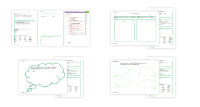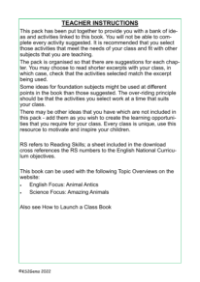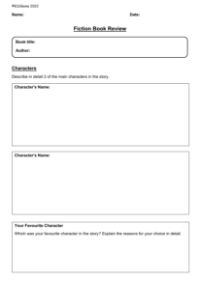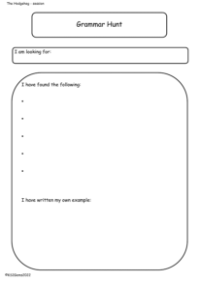Reading Skills Summary
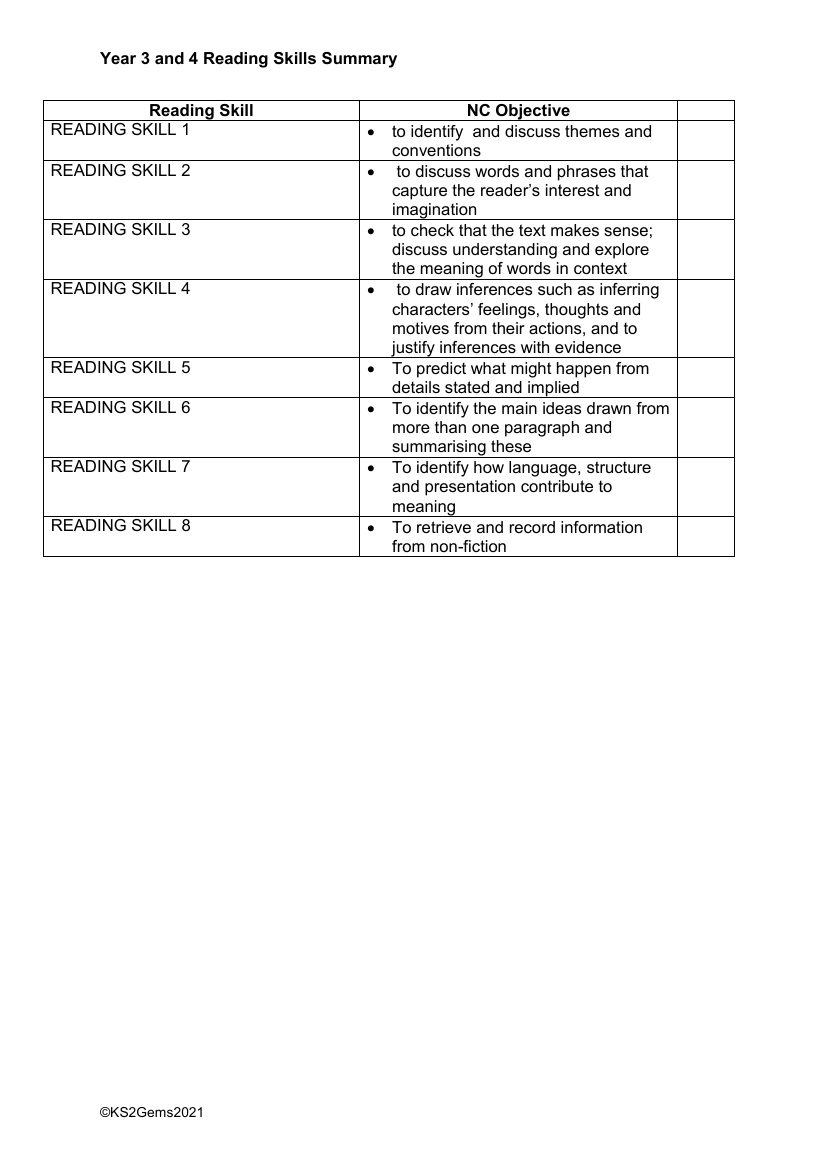
English Resource Description
The summary of reading skills for Year 3 and 4 outlines a structured approach to developing comprehensive literacy abilities in young learners. The first skill focuses on the ability to identify and discuss themes and conventions within texts, enabling students to recognise underlying concepts and commonalities in literature. Following this, the second skill encourages pupils to engage with the language of a text, particularly words and phrases that spark interest and imagination, enhancing their appreciation for expressive and vivid language.
Moving on to the third skill, it is important for students to verify their understanding of a text by ensuring it makes sense to them, discussing their interpretations, and clarifying the meaning of words within the context they are presented. The fourth skill delves deeper into comprehension, as children learn to draw inferences about characters' feelings, thoughts, and motives based on their actions, supporting their conclusions with evidence from the text. The fifth reading skill involves prediction, where students hypothesise future events in a story using both explicit details and implied information. The sixth skill is about grasping the main ideas across multiple paragraphs and effectively summarising them. The seventh skill emphasises the importance of recognising how the use of language, the structure of the text, and its presentation all contribute to the overall meaning. Lastly, the eighth skill equips students with the ability to extract and record information from non-fiction sources, a crucial skill for research and information processing.
